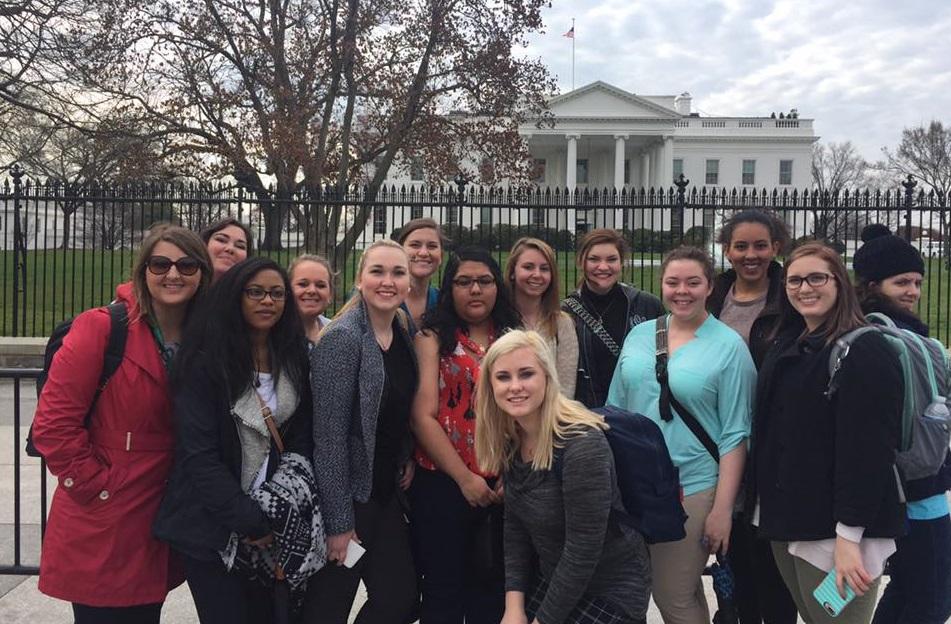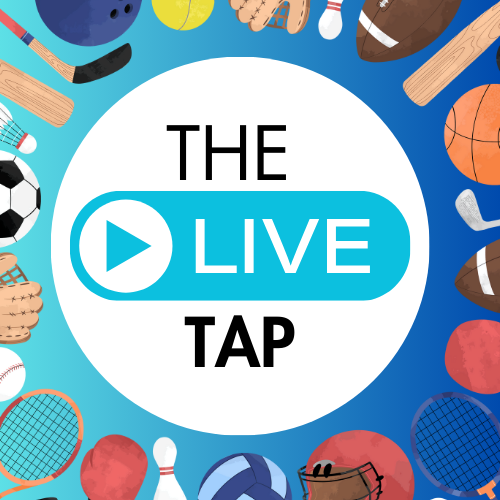
The Compass Program is Piedmont College’s experiential learning component which gives students the opportunity to customize their education and gain “real world” experience that will make them more marketable to employers and graduate schools.
While internships, study abroad, campus leadership opportunities and independent research are always great Compass projects, students are encouraged to develop their own projects based on their unique interests, passions or ideas on how to address social needs.
Students are encouraged, but not required, to work with a community partner, faculty member or mentor. Brittany Stemmler and Megan Ramsey are available to work with students to brainstorm ideas of how something students are already doing can be structured to fit the goals and objectives of Compass and experiential learning.
The first step in the process is to complete a proposal form prior to the commencement of the project. The purpose of the proposal process is to articulate the goals and expectations for the project, and to present a detailed outline of the tasks required to execute the project. The project should provide opportunities for educational, career and/or personal growth and the success or failure of the stated goals and expectations must be measurable upon completion of the project.
All Compass projects need to develop three or more of the core competencies identified by employers: Critical Thinking/Problem Solving, Oral/Written Communication, Leadership, Teamwork/Collaboration, Technology/Software/Social Media Application and Professionalism/Work Ethic.
Upon completion of the project, students have 30 days to complete the Reflection and Summary form by answering five directed questions and writing a 150-word summary.
All of the forms, samples, rubrics and definitions are available on the Compass page under the Student Resources tab on PilgrimNet.








